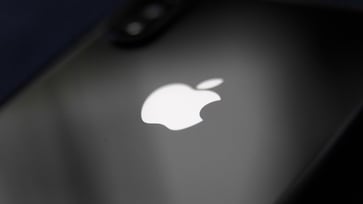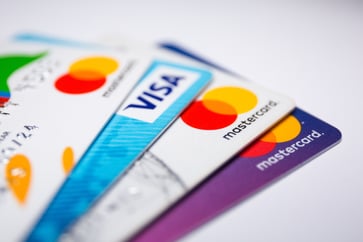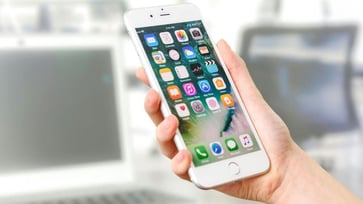The National Security Agency advises Americans to restart their phones weekly for security purposes.
The NSA advises restarting your phone weekly to prevent cyberattacks.
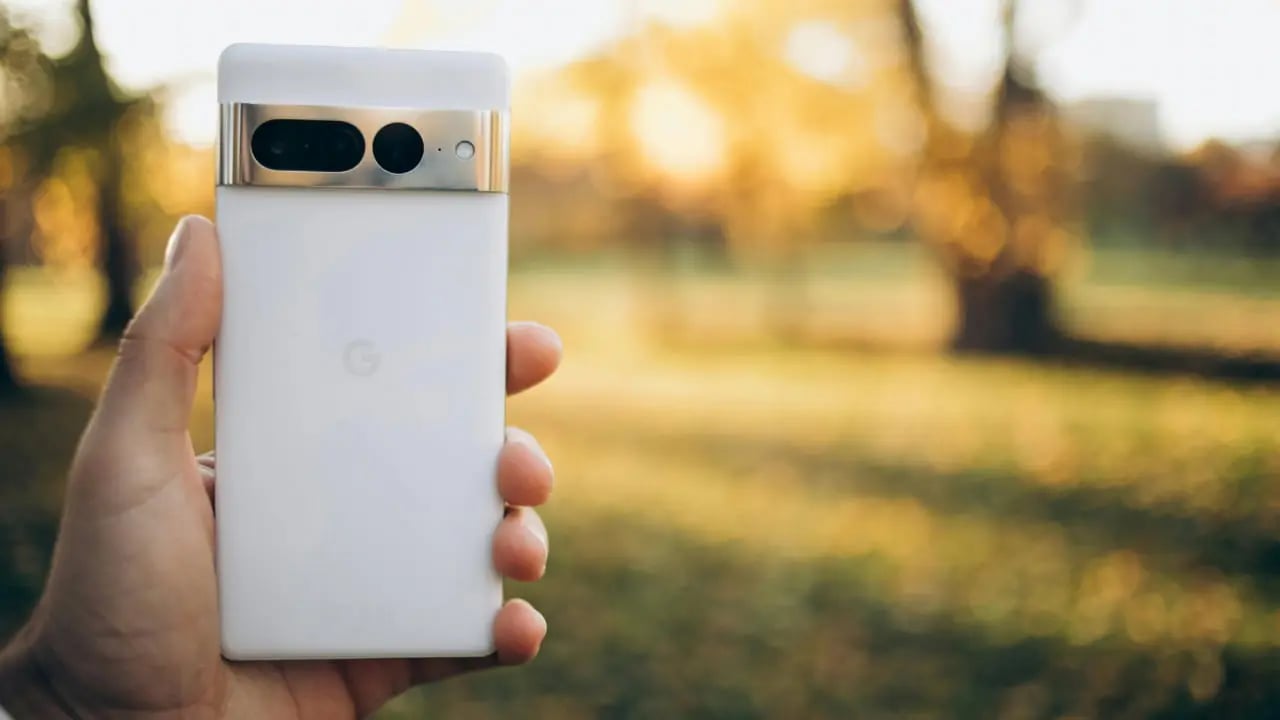
Our smartphones consume a significant amount of our time, whether we're texting, scrolling on social media, checking emails, or staying up-to-date with the latest news. We usually only turn off our devices when there's a problem or the battery runs out (unintentionally).
The National Security Agency advises powering off and on your smartphone weekly to safeguard against cyberattacks. Additionally, the spy agency has provided general mobile device security guidelines that I have been sharing with you.

Why you should restart your phone weekly, according to NSA
The NSA advises rebooting your smartphone weekly to safeguard against zero-click exploits, which attackers use to spy and collect data from phones. Although rebooting won't entirely prevent advanced attacks, many modern cyber threats require a series of vulnerabilities to be exploited sequentially. Restarting your phone disrupts the attacker's progress and resets the cycle.
How restarting your phone helps it stay secure
Restarting your phone regularly not only helps you avoid cyberattacks but also makes your phone run smoothly.
Restarting your device quickly resolves several issues, including memory problems, overheating, and call signal issues. It also provides a fresh start, resulting in smoother performance and a longer-lasting battery. This applies to both Android and iPhone devices.
Limitations of restarting your phone
The NSA advises that turning your phone off and on again may not always prevent attacks from being successful.
"The NSA stated that the number of threats to mobile devices is growing and becoming more complex, while also cautioning that certain smartphone features offer convenience and functionality but come at the expense of security."

NSA has more mobile security tips for you
The NSA advises disabling Bluetooth, updating phone software, and disabling location services when not needed, while also warning against opening email attachments and links.
The spy agency advises against connecting to public Wi-Fi networks, disabling Wi-Fi when not in use, and deleting unused Wi-Fi networks to protect against cybercriminals who exploit Wi-Fi networks. In June, I reported on a vulnerability in Windows devices that enables hackers to infiltrate your PC by being connected to the same Wi-Fi network as you.
The NSA advises using strong lock-screen PINs and passwords, with a minimum of six digits, on smartphones that automatically wipe themselves after 10 incorrect attempts and lock automatically after 5 minutes of inactivity.
Remembering and generating strong passwords for every app and software can be difficult. Personally, I use a password manager to simplify this process, and it's something you may want to consider as well.

4 additional ways to secure your smartphone
Here are some additional security measures you might consider following in addition to the tips mentioned above.
To safeguard yourself from malicious links and malware that can compromise your private information, it is crucial to have antivirus software installed on all your devices. Additionally, this software can detect phishing emails and ransomware scams. Discover my top picks for the best 2024 antivirus protection for your Windows, Mac, Android, and iOS devices.
To safeguard your privacy and conceal your location on websites, you may want to use a VPN. Many websites can track your IP address and reveal your city based on their privacy settings. A VPN can mask your IP address and show a different location. For the top VPN software, check out my expert review of the best VPNs for secure browsing on your Windows, Mac, Android, and iOS devices.
Add an extra layer of security by requiring a second form of verification, such as a code sent to your phone, in addition to your password whenever possible.
Opt for a strong password that is unique to your account.
Kurt’s key takeaway
The NSA's advice is not a one-size-fits-all solution to your security issues, but I concur with their recommendation to turn off your devices periodically. This simple action only takes a few minutes each week and can become a beneficial habit to establish. You may even want to make it a daily routine, like part of your bedtime ritual. Additionally, it is crucial to keep your phone's software and applications up to date and to avoid clicking on suspicious links and attachments.
Have you noticed any benefits from restarting your devices? Please share your thoughts with us at Cyberguy.com/Contact.
To receive my tech tips and security alerts, sign up for my free CyberGuy Report Newsletter at Cyberguy.com/Newsletter.
Let us know what stories you'd like us to cover.
Follow Kurt on his social channels:
Answers to the most asked CyberGuy questions:
New from Kurt:
Copyright 2024 CyberGuy.com. All rights reserved.
tech
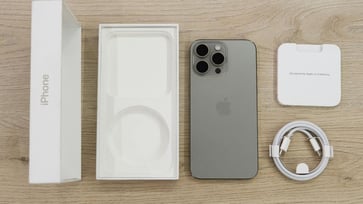
15 things to do or try first when you get a new iPhone: 1. Set up your phone with your personal information and preferences. 2. Install your favorite apps and games. 3. Connect your phone to your Wi-Fi network and other devices. 4. Take a few photos and test out the camera. 5. Set up your email and other accounts. 6. Enable security features like Touch ID or Face ID. 7. Customize your phone's settings and appearance. 8. Explore the built-in features and apps on your phone. 9. Connect with friends and family on social media. 10. Set up reminders and alarms. 11. Use the phone's built-in voice assistant. 12. Download and install new apps from the App Store. 13. Set up your phone's screen time and parental controls. 14. Enable automatic updates for your apps and software. 15. Back up your important data to cloud storage or an external hard drive.
techYou might also like
- Five top home inventory apps to safeguard your property during an emergency
- Your smart home gadgets will soon receive a new security seal of approval.
- This year, save time, privacy, and money with these 10 tech upgrades.
- Is your Windows 11 PC frequently restarting? Let's resolve this annoying issue.
- Sony's entry into the electric vehicle market is a surprising move.





